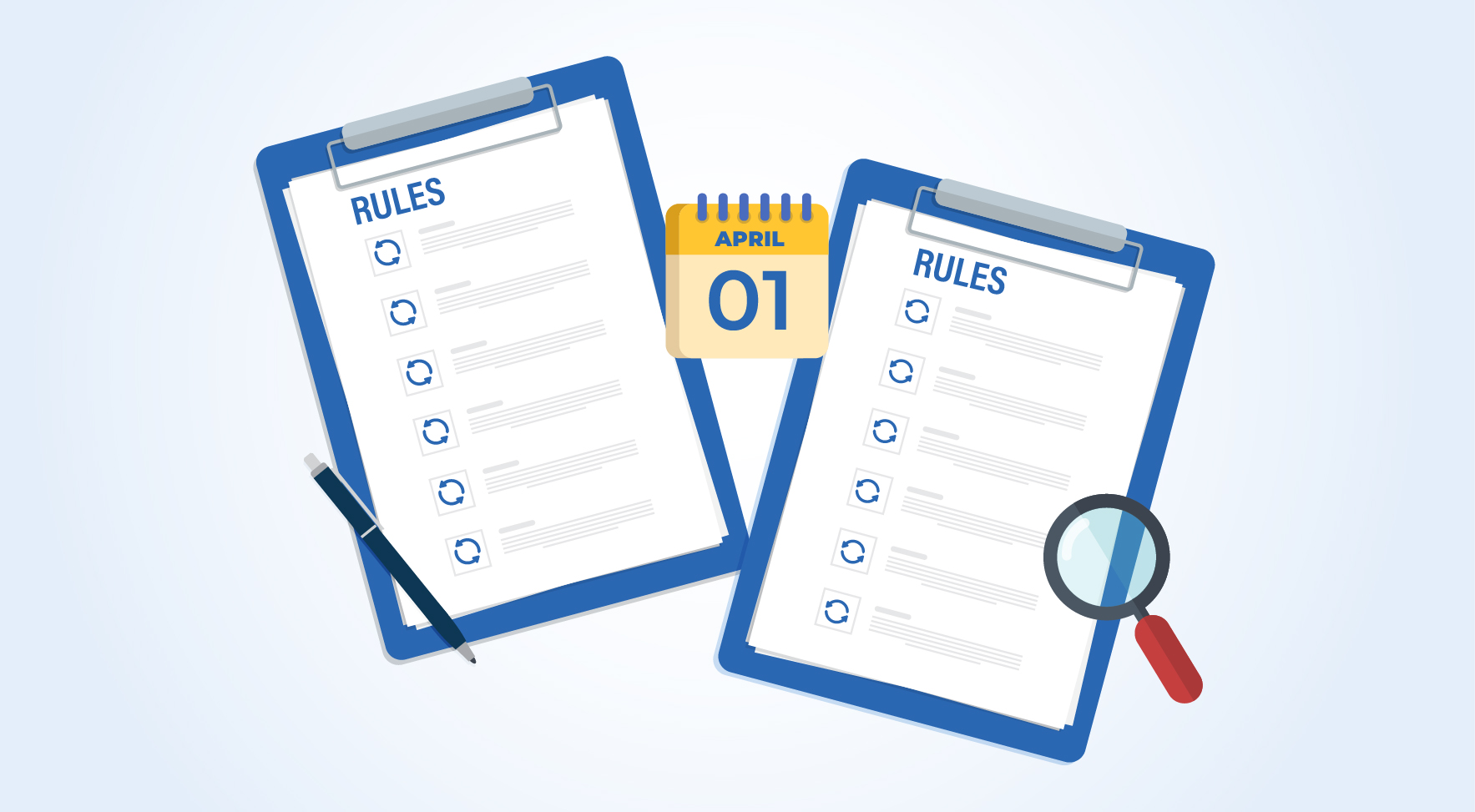The Indian government has implemented numerous programs and incentives to support micro, small, and medium-sized businesses (MSMEs). These programs, including UDYAM registrations, guarantee that MSMEs have simple access to loans. This enables them to carry on with uninterrupted commercial operations.
The 45-day and 15-day payment regulation, which is dependent on the credit duration decided upon by the buyers and suppliers (MSMEs, in this example), is one such advantage that the government provides to MSMEs.
The most recent revisions bring about some modifications to the costs associated with purchasing goods and services from MSMEs. These modifications will take effect as of
How do these modifications relate to Sections 15, 16, and 2(b) of the MSME Act of 2006, and what are the tax implications of these amendments?
These queries will be addressed in this blog. Being aware of these changes is a good idea if you are a supplier working with MSMEs. In this manner, you can determine if the costs you incur for supplies that you obtain from MSMEs can be written off.
An outline of the 15- and 45-day payment cycles
It is advisable to be aware of the new terms of payment extended to MSMEs before learning about the tax structure of expenses for supplies acquired from them. The following are the three key details to be aware of in this regard:
1. Buyers must pay MSMEs within 45 days of the day they receive the goods or services if the parties haven't mutually agreed upon a payment schedule.
2. The MSME Act of 2006 stipulates that payment must be made within 45 days of receiving the products or services, even if the buyer and supplier have agreed on a credit period longer than 45 days.
3. According to the MSME legislation, payment to suppliers for products or services must be made within 15 days of receipt if there is no credit period agreed upon by the buyer and supplier.
Modifications that Take Effect on April 1, 2024
Before the conclusion of the fiscal year on March 31, 2024, each assessee should compile a list of all of their vendors and all of their payables. This will assist the assessors in understanding that, following the Income Tax Act, pending payments are not allowable as costs.
What are the things to think about when it comes to allowing or disallowing pending payments as expenses?
Regarding the authorization or disallowance of pending payments, the following are some crucial details that all suppliers should be aware of:
Situation 1: Suppliers may claim a deduction for costs incurred in the same fiscal year if customers fail to pay MSMEs within the allotted 45 or 15 days, depending on the situation, but they do so before the end of the fiscal year.
Situation 2: Suppliers are entitled to deductions for the year in which they actually receive the payment if the purchasers haven't paid the MSMEs within the 45-day or 15-day window but have eventually made the payment at a later time.
Situation 3: Suppliers may claim a deduction in the year in which their expenses were incurred if they incurred costs in a given year and paid the MSME within the credit period permitted by the MSME Act, but they did so in the subsequent fiscal year.
Situation 4: Suppliers can only deduct expenses in the year of payment, not on an accrual basis if they incurred costs in a given year and paid the MSME in the next fiscal year after the MSME Act's credit term has passed.
Following Section 43(b)(H), what happens to the disallowance of expenditures when bills are past due?
No disallowance under Section 43(b) is given if the MSME suppliers are not paid within the 15- or 45-day payment cycle (h). Thus, the allowance will only be paid out based on genuine needs.
Things to Remember Regarding These New Changes
Only on April 1, 2024, will all of the aforementioned adjustments about the authorization or disallowance of outstanding payments to MSMEs take effect. These adjustments are valid for the 2024–2025 Assessment Year. Therefore, as of March 31, 2023, they do not apply for amounts owed to MSMEs.
Several key points of the new Income Tax Act of 1961 Section 438 (h) for MSME payments are covered here.
Not medium-sized businesses, but only tiny and micro businesses are affected by the aforementioned modifications.
Deductions for late payments from suppliers made before the filing of income tax returns for that year are only available for use in the year in which the expenditures were incurred, not in the year in which they were accumulated.
Section 438(h) of the Income Tax Act of 1961 prohibits the supplier from claiming disallowance if he has not notified the MSMEs of his registration for the UDYAM scheme.
Updated on: April 27, 2024
